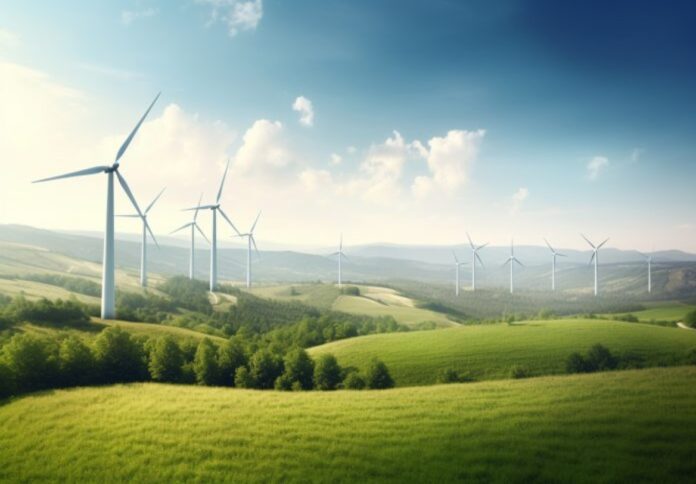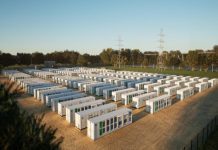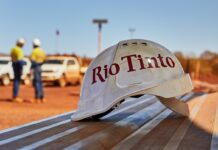
Australia’s clean energy transition is facing a significant challenge due to critical skills shortages, according to a new report by the Institute for Sustainable Futures (ISF) at the University of Technology Sydney.
The study, conducted in collaboration with the Australian Energy Market Operator (AEMO) and facilitated by the RACE for 2030 Cooperative Research Centre (RACE for 2030), highlights that while the nation’s electricity sector is set for substantial job growth, a shortage of skilled workers could hamper progress.
The report forecasts a sharp increase in electricity sector jobs, with employment expected to double by 2029, adding 33,000 jobs in just five years under the most likely scenario of the 2024 Integrated System Plan (ISP).
The bulk of these positions will be in renewable energy, specifically wind, solar, and battery storage projects, as reported by the research centre.
“Operations and maintenance roles are becoming increasingly crucial, accounting for 65% of the electricity sector workforce by 2033,” the report states, emphasising the sector’s future reliance on long-term operational expertise.
The rapid expansion of the renewable energy sector is expected to place immense pressure on Australia’s labour market.
Key challenges identified in the report include skills shortages, regional competition for labour, and the cyclical nature of construction projects, which could disrupt workforce stability.
“The demand for a range of skilled workers, including electricians, mechanical trades, and engineers will increase significantly, potentially causing project delays,” the report highlights, warning that without urgent investment in skills development, the renewable energy sector could experience significant delays in project delivery.
Jay Rutovitz, chief investigator for the project, stressed the importance of timely action.
“The transition to a clean energy future presents a huge opportunity for Australia, both in terms of job creation and economic growth,” Rutovitz said.
“We need to act now to address the potential skills shortages to make sure we can deliver this transition and realise the benefits.”
According to the report, another major issue is the boom-bust cycles created by the construction-heavy nature of renewable energy projects.
This leads to a highly variable workforce and makes it challenging to retain skilled workers over the long term.
Regional areas, where many renewable projects are located, face additional challenges as they compete with infrastructure developments in larger cities.
This adds to the difficulty of attracting and retaining skilled workers in remote locations.
The report puts forward several recommendations to address these challenges. One key solution is smoothing the development pipeline to ensure a more predictable flow of renewable energy projects over time.
The report also suggests extending the Australian Skills Guarantee to ensure that 1-in-10 workers on energy infrastructure projects are apprentices or trainees, particularly in publicly funded projects.
Genevieve Simpson, Program Leader at RACE for 2030, emphasised the need for a collaborative approach to addressing the skills gap.
“The findings highlight the critical need for a proactive approach to workforce development in the renewable energy sector,” Simpson said.
“The report underscores the urgent need for collaboration between industry, government, and training providers to ensure we have the skilled workforce required to deliver the ISP and achieve a clean energy future for Australia.”
Additionally, the report calls for more diversity in the energy workforce, including the inclusion of more women and First Nations people.
The report also highlights an often overlooked part of the energy transition workforce: the so-called ‘behind the meter’ roles that focus on energy efficiency and electrification.
The report concludes with a call to the federal government, AEMO, and other stakeholders to take immediate steps to bridge the skills gap.
The full report and individual state reports are available at: https://racefor2030.com.au/project/australian-electricity-workforce-for-the-2024-integrated-system-plan.




















